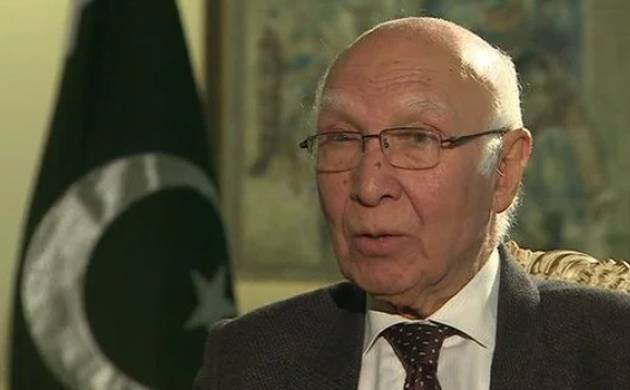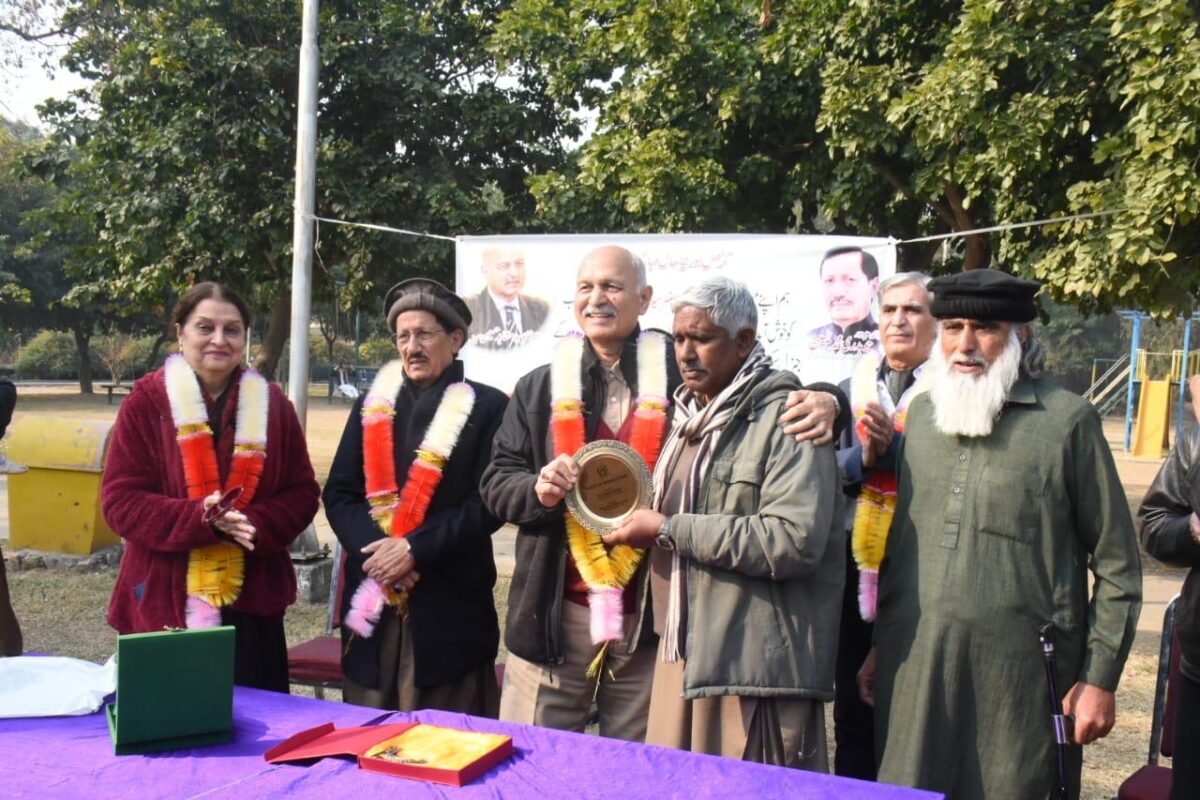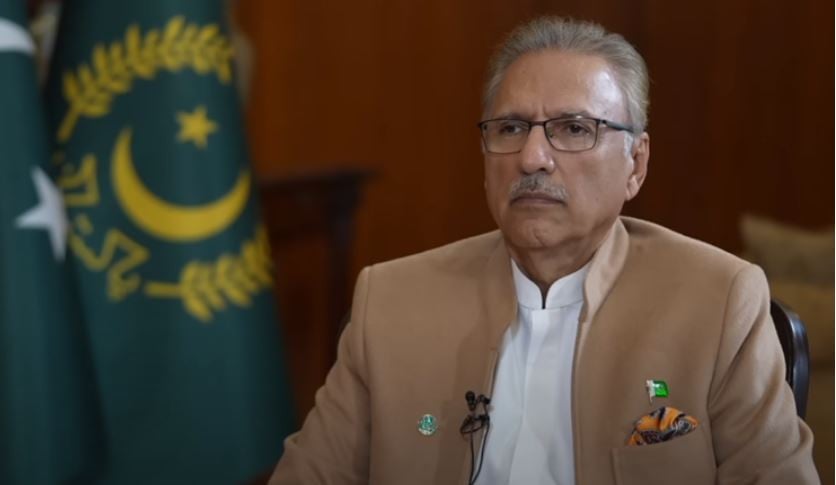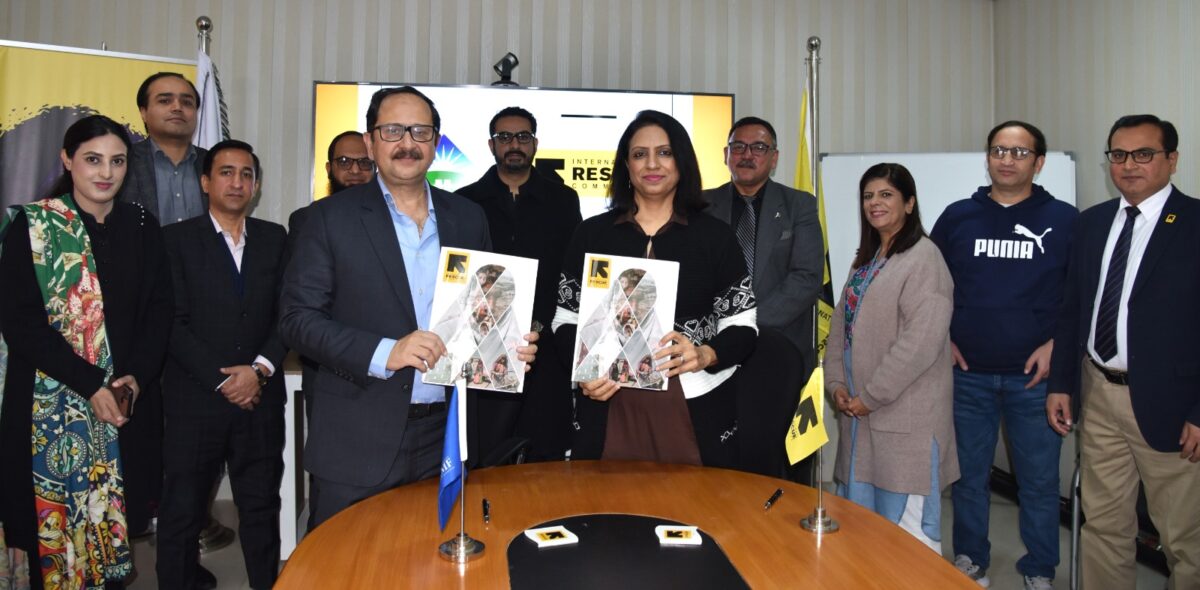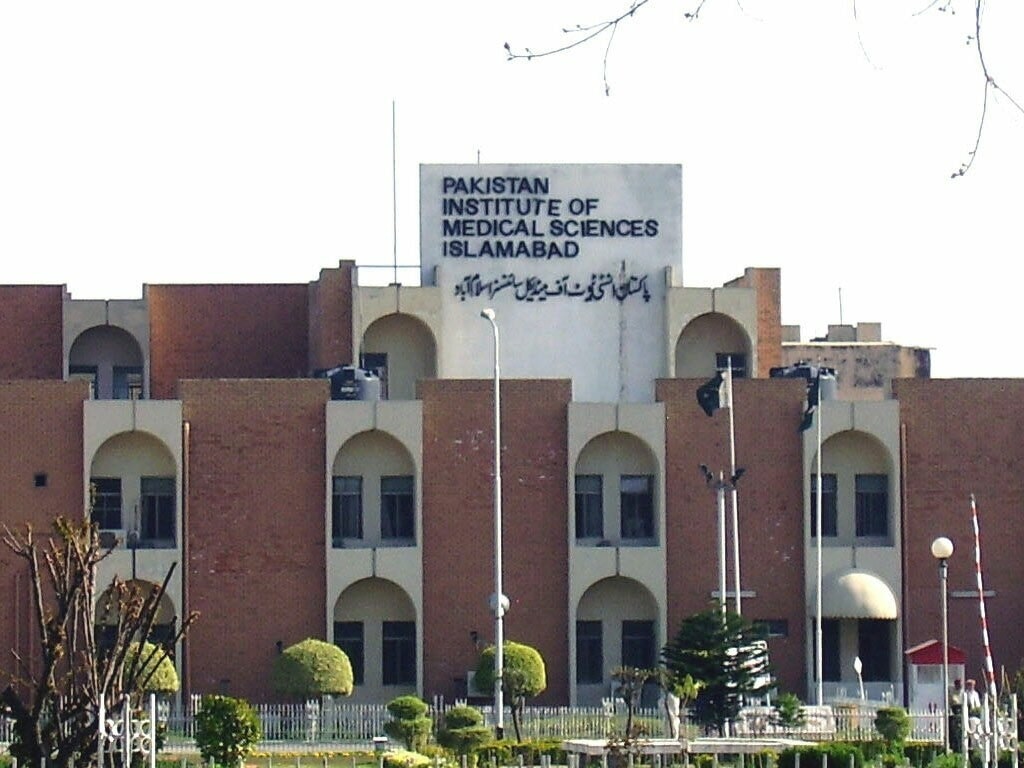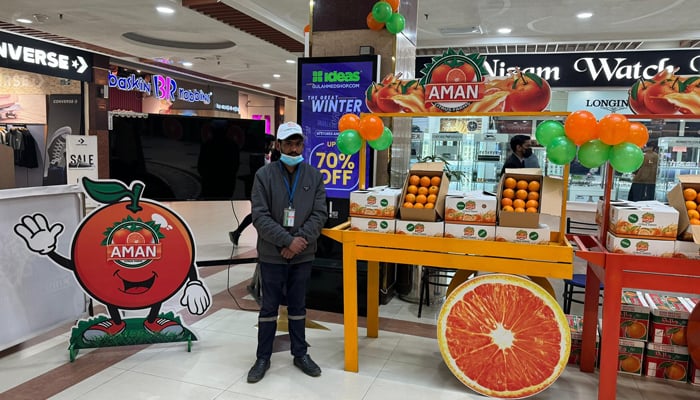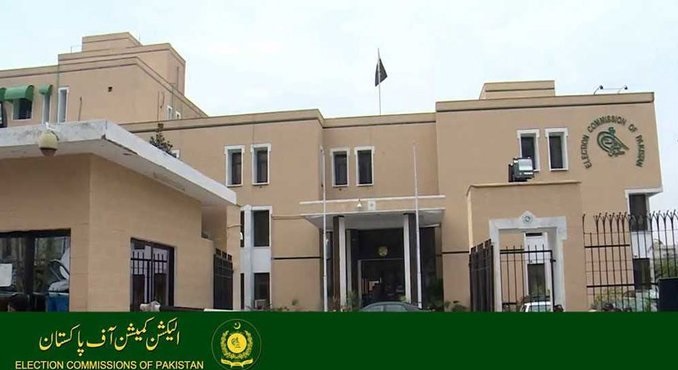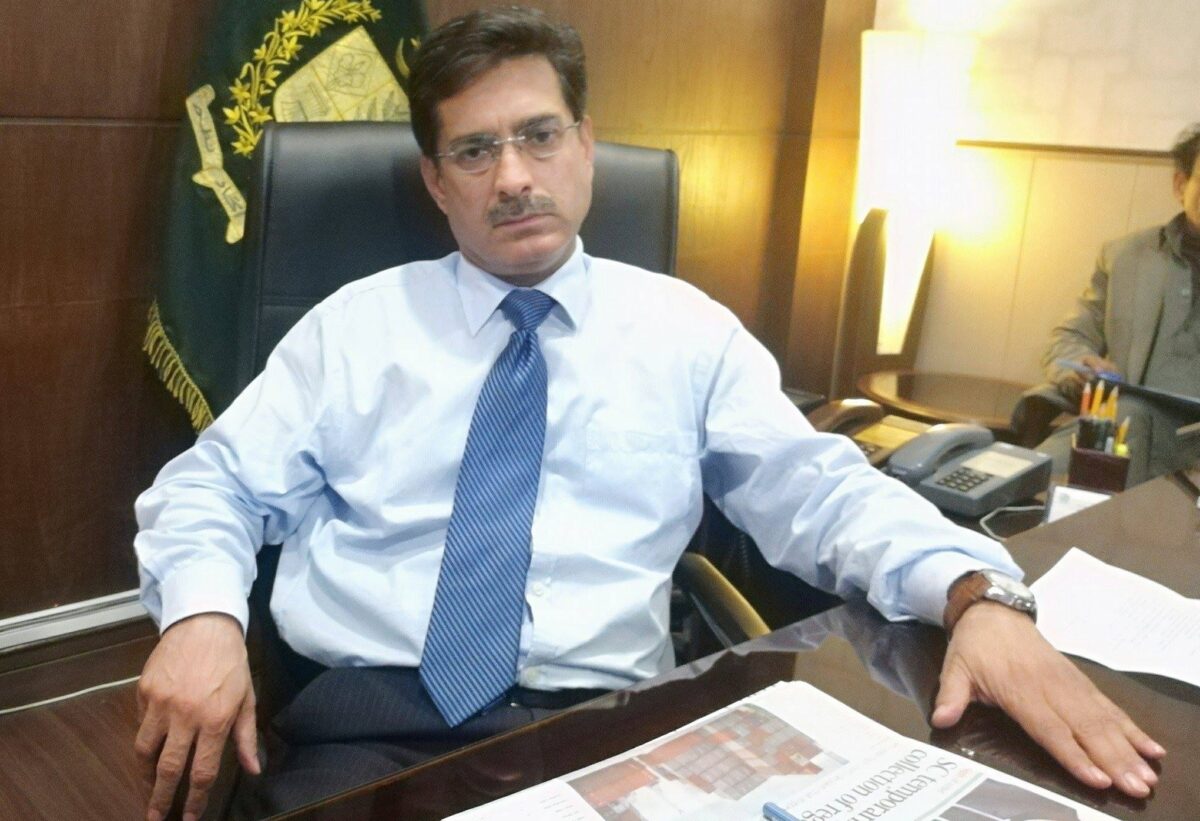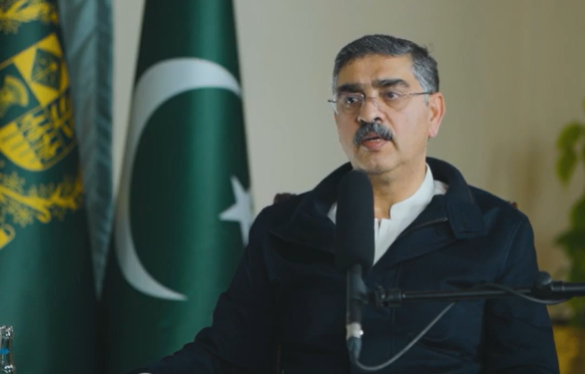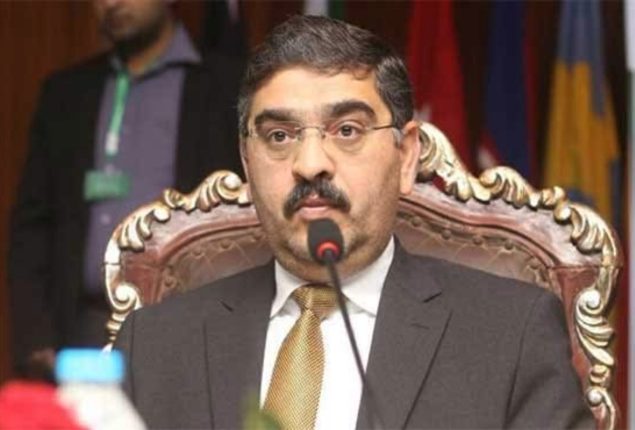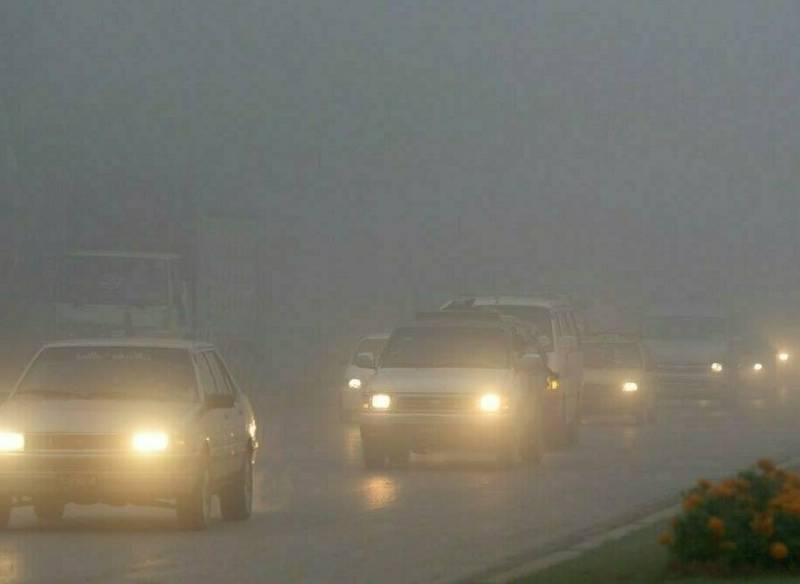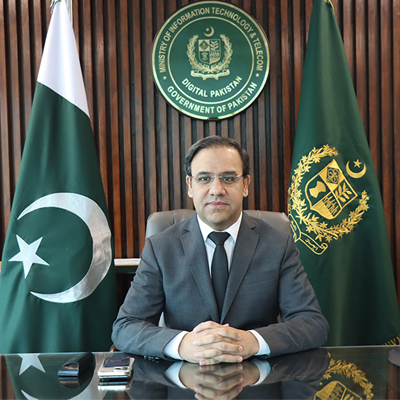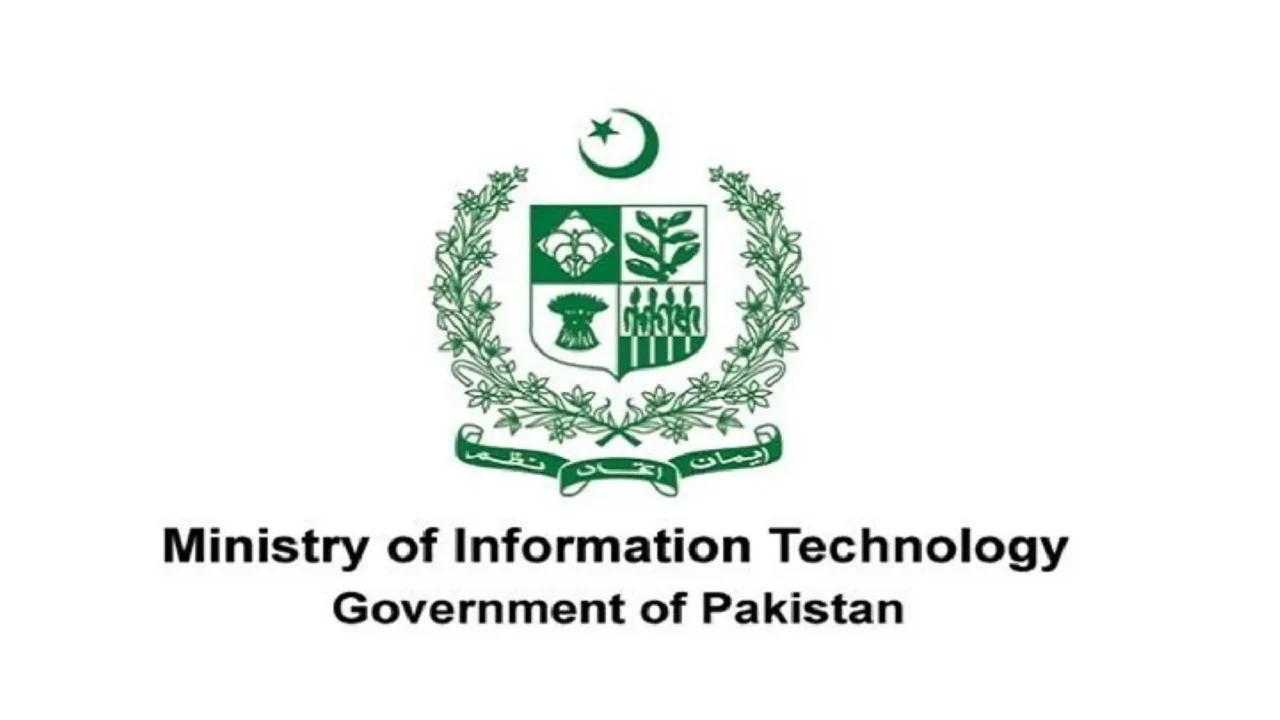ISLAMABAD, Jan 9 (APP): Caretaker Prime Minister Anwaar-ul-Haq Kakar on Monday warned that with a renewed determination and defence capability, Pakistan would befittingly respond if India resorted to any 2019-like aggression, ahead of the upcoming Lok Sabha elections.
“Pakistan will exactly do the same as it did in 2019. We will hit their planes. We will respond in the same coin… Neither our bullets nor determination are old. Our bullets are new and our determination is quite renewed and fresh,” the prime minister said in the podcast with a digital media channel.
He said that no one should be delusional about Pakistan’s response as it had an entire defence mechanism in place to protect its people.
He viewed that till the resolution of the Kashmir dispute, the potential for conflict would continue to exist and anything could trigger any sort of exchange.
Coming to the upcoming general elections in Pakistan, he said the threat of terrorism existed especially in the southern Khyber Pakhtunkhwa and certain areas of Balochistan, posing significant vulnerabilities to candidates and their campaigns. However, the situation had not reached a level to question the legitimacy of the entire electoral process.
He reiterated the government’s resolve to respond to any threat, regardless of whether there were elections in the country or not.
Asked about the Senate resolution passed recently calling for the postponement of the elections, the prime minister said, “I do not see any legal implications as the Senate resolution is not mandatory.”
He said the government had opposed the resolution in the House, though, as per requirement, it would submit a report on the matter.
To a question, he said the Election Commission of Pakistan (ECP) was the right forum to decide on delaying the polls in certain constituencies considering the security situation.
Regarding grievances and concerns of some candidates and political parties, Prime Minister Kakar said the relevant forums of ECP and judiciary were there to address the situation.
“Our role is not to act as a judiciary or ROs (returning officers), obstructing or constructing opportunities for someone. If someone feels there is unfairness, the appropriate forums are available,” he remarked.
Discussing the situation in Balochistan, he mentioned the role of militant groups such as BLA, BRA, and BLF which were considered terrorists even outside Pakistan. He opposed some segments of the society attributing their actions to underdevelopment and lack of state investment.
Asked about the precondition for dialogue, the prime minister referred to the abandonment of violence by militant groups and reiterated that being a nation of 240 million, Pakistan could not surrender to a few thousand individuals.
Discussing the terrorist activities of TTP (Tehreek-e-Taliban Pakistan) and the Afghan government’s response to Pakistan’s reaction following the recent terrorist attack in D I Khan, he said communication with them was going on and some behavioral changes had been observed on the other side.
He reiterated that having sacrificed around 90,000 lives, Pakistan’s resolve to fight terrorism was unwavering without seeking any foreign support.
To a question about the repatriation of illegal foreign nationals, PM Kakar said the decision was widely supported by the majority of Pakistanis as non-documented aliens had no right to stay.
He said the factors such as terrorism, organized crime, non-contribution to the economy, and the impact on economic health prompted action from the government.
Highlighting the government’s achievements on the economic front, he mentioned the reforms in the Federal Board of Revenue, achieving remarkable tax receivable targets and reducing government expenditure.
He said under the Special Investment Facilitation Council, Pakistan was attracting foreign investments from multiple countries, including the United Arab Emirates, Kuwait, Qatar and Saudi Arabia.
He said the SIFC was focused on removing the bureaucratic hurdles for foreign investment, which also encouraged domestic investors to benefit from the opportunity and invest in key areas of agriculture, IT (information technology), mining, human resource training, energy and road infrastructure.
مضمون کا ماخذ : apostas quina
